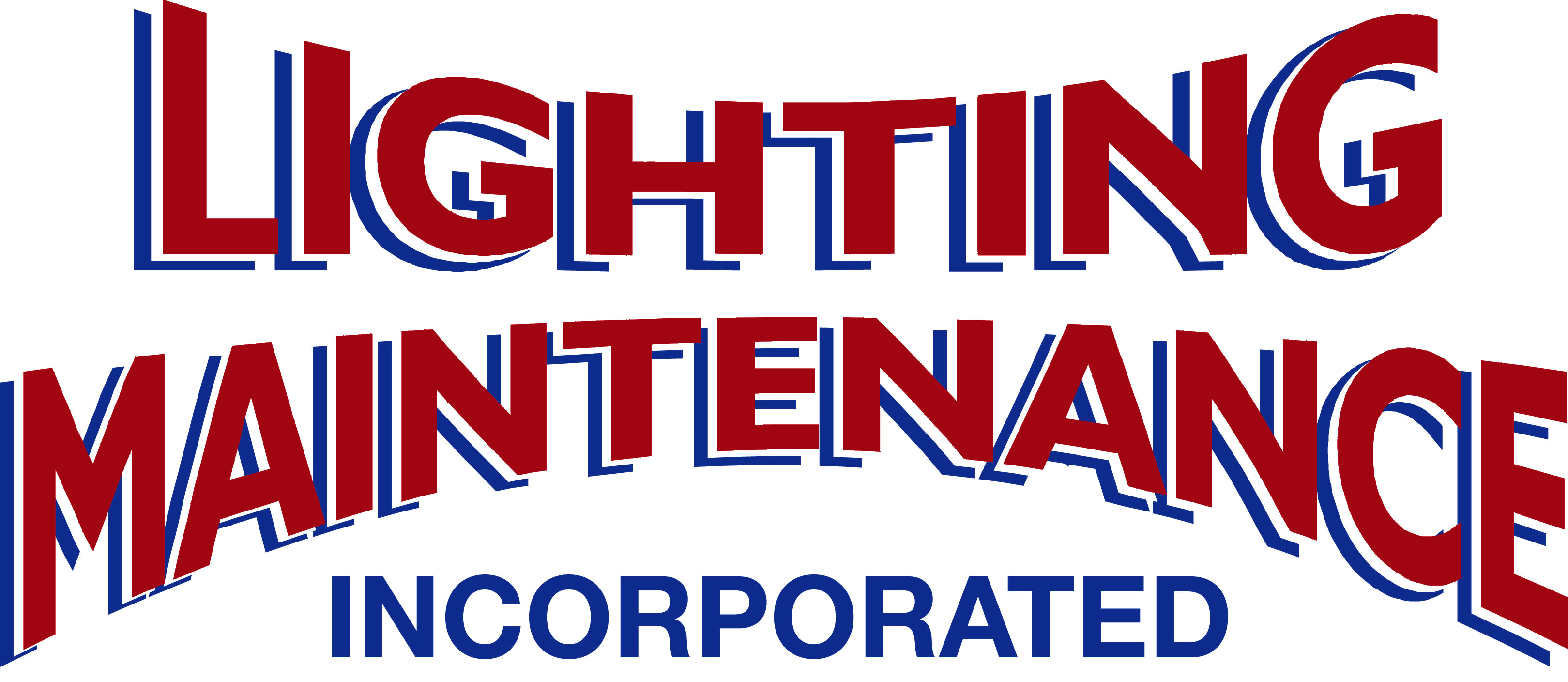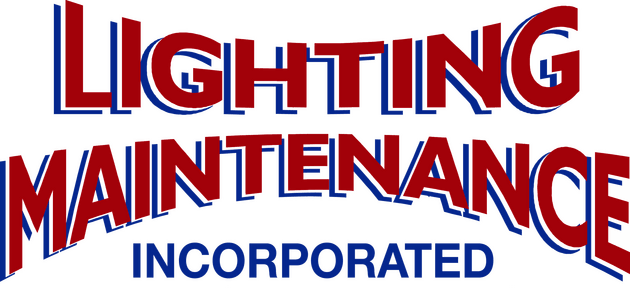16 Dec Avoiding the Top 5 Causes of Commercial Building Fires
Becoming familiar with the top causes of commercial building fires and how to avoid them is vital to businesses throughout the country. From electrical and kitchen appliance fires to those that are intentional or caused by human error, there are many steps business owners and their employees can take to minimize the risk of a commercial business fire occurring at their establishments.
Preventative Measures
There are many preventative steps office managers can take to protect their establishments from a fire emergency. It’s encouraged to become familiar with each of these items, so the likelihood of your property being damaged by a fire is reduced.
- Fire Extinguishers: Office managers should place functioning fire extinguishers throughout the facility, so employees can easily access them in the event of a fire. It’s encouraged for employees to be trained in fire extinguisher use and procedures.
- Fire Alarms: Keeping your fire alarm system in working condition is vital as one with dead batteries or maintenance needs won’t detect a fire. Installing an adequate fire alarm system throughout your commercial building will ensure you’re notified of a fire, thus saving lives and property as a result.
- Fire Sprinkler System: If a fire is detected in your commercial establishment, an affixed sprinkler system can make a substantial difference. Fire sprinkler systems can lower the damage a deadly fire can cause by minimizing flames and their travel.
- Alarm System: Investing in a security alarm system will help you detect any suspicious activity that occurs after hours when your building is most at risk. Office managers are encouraged to install adequate lighting and motion detectors, along with a security system to help deter arson and other criminal activity.
Even by having necessary fire protection systems in place, there’s still a role everyone in your office must take. Completing regular testing and routine maintenance is a priority, so these systems can continue functioning optimally and aren’t outdated.
Cooking + Kitchen Appliances
Kitchen appliances and other cooking equipment like a stove or microwave can easily place your commercial building at high fire risk, especially if not adequately cared for. Whether due to an appliance malfunction or human error, one of the leading causes of commercial building fires is cooking equipment and kitchen appliances. Kitchens are an extremely high-risk zone, meaning adequate steps should be taken to keep these areas safe for employees. Preventative measures can include installing sprinklers, alarms, and easily accessible fire extinguishers. Office managers are also encouraged to provide proper fire safety training and appliance use guidelines, so if a fire or malfunction were to occur, correct steps could be taken to alleviate the situation quickly.
Arson + Intentional
Deliberately setting fire to property or intentional fire is more common than many think, especially in commercial settings. Arson is one type of commercial building fire that causes the most damage to buildings and injuries to building occupants. Many intentional fires occur after working hours, between the hours of 3 p.m. and 12 a.m., meaning it’s likely no one is around to sound an alarm or report the fire. There are many areas throughout a commercial building where an arsonist may choose to start a fire, from dumpsters and garages to trash cans and bathrooms. Incorporating fire detection and prevention systems into your commercial building design is extremely useful for after-hours incidents. There are many preventative steps office managers can take to lower the chances of arson, such as:
- Empty trash cans every day
- Position outdoor dumpsters away from your commercial establishment
- Regularly trim trees and shrubs
- Install motion detectors and lights in dark and unused spaces
- Utilize smoke and fire curtains for high-risk doorways\
Human Error + Unintentional
Accidents can happen at any time, and unintentional fires caused by human error are possible in commercial settings. Many situations can contribute to accidental fires, such as heating equipment left too close to walls, messy workstations, and more. Like intentional fires, unintentional fires are challenging to predict or avoid, meaning that providing adequate training for employees is necessary. Office managers are also encouraged to install fire prevention systems and promote safety practices to minimize the likelihood of unintentional fires.
Smoking is a larger contributor to unintentional fires, mainly if carelessly or improperly disposed of. It’s vital to enforce smoking guidelines at your commercial establishment as this will lower the possibility of cigarettes and cigars igniting materials. Many commercial establishments prohibit smoking from occurring on the property altogether, but if not, smoking is not allowed indoors and must occur only in designated smoking areas located a safe distance from buildings with proper receptacles for cigarette and cigar remains.
HVAC System Malfunction
If your commercial building is located in a colder part of the country, adequate heating is likely a requirement, especially during the fall and winter. Unfortunately, heating equipment can quickly overheat and encounter electrical issues if not properly maintained. Office managers must complete regular inspections and routine maintenance, so overheating and other malfunctions are avoided. Overheating, electrical issues, and malfunctions in HVAC systems can easily cause a fire. Besides your HVAC system, water heaters, space heaters, and other sourced heating appliances pose a high risk. It’s encouraged to inform your employees of these dangers and keep flammable materials away from heat sources, so the chances of a fire are reduced.
Electrical Malfunction
Commercial buildings have a lot of lighting and electrical equipment to function adequately for employees, guests, and customers. Improperly wired, defective, and overloaded systems can be a significant fire hazard. Office managers must make sure all lighting and electrical equipment are operational, up-to-code, and fits your facility’s unique needs. If you’re unsure where to begin, scheduling a commercial energy audit is a great starting point. An expert can analyze your existing lighting design and offer suggestions for improvement. Electrical fires are more likely to occur in older buildings as the wiring is often outdated and questionable. Any time wiring and lighting are updated, it’s encouraged to have the systems inspected by a professional to be sure everything has been installed correctly. Regular follow-up preventative checks are encouraged, especially if your facility requires high amounts of energy.
Eliminate Fires in Your Commercial Space
Now that you’re familiar with the top causes of commercial business fires, it’s time to start taking steps to minimize the likelihood of it happening at your business. Routine maintenance and tests should be completed on fire safety equipment, and all employees should be trained in what to do in the event of a fire. Start setting your commercial establishment up for success by scheduling a commercial energy audit, so you can be sure your building is equipped with adequate lighting and electrical wiring.




